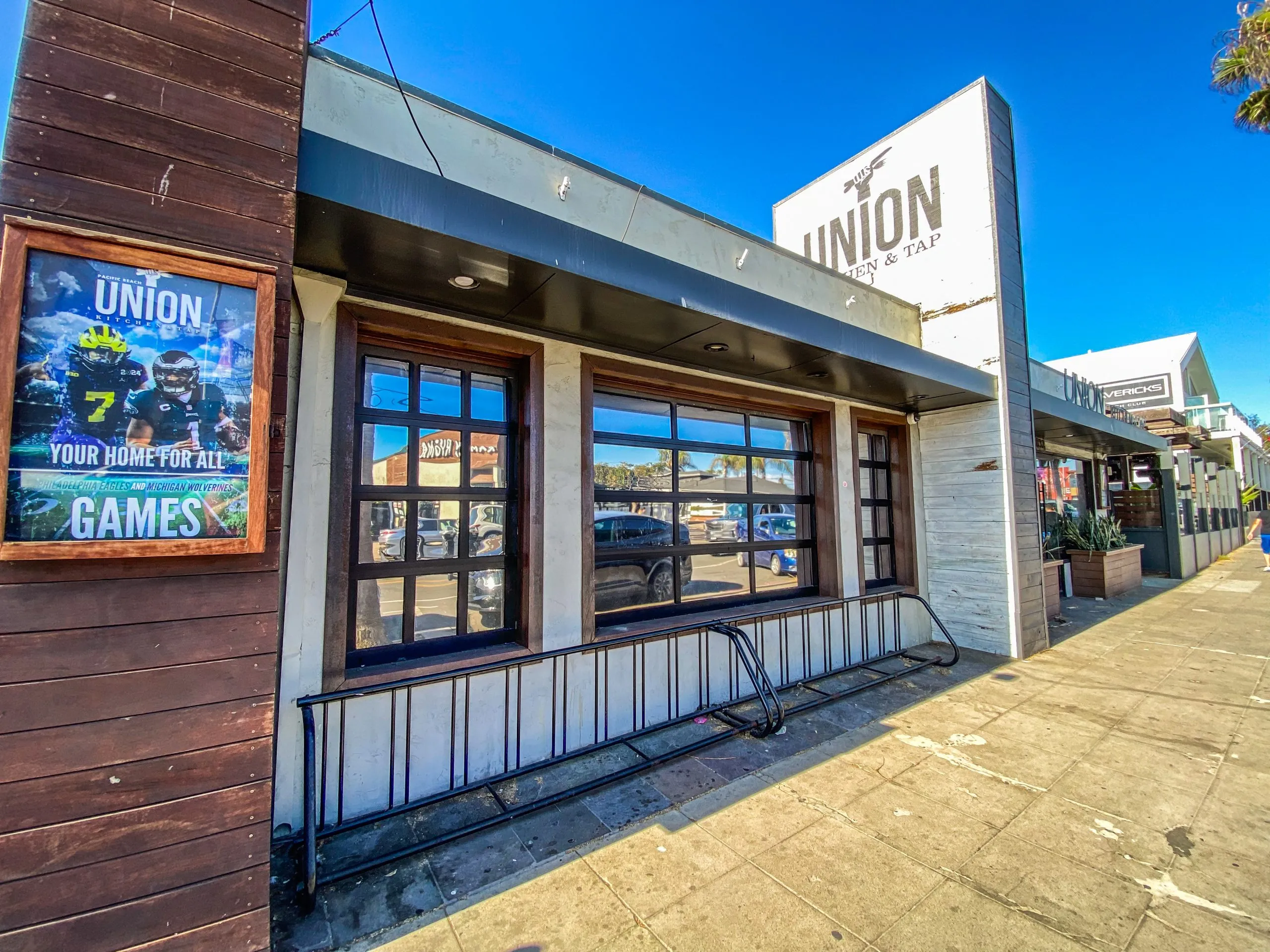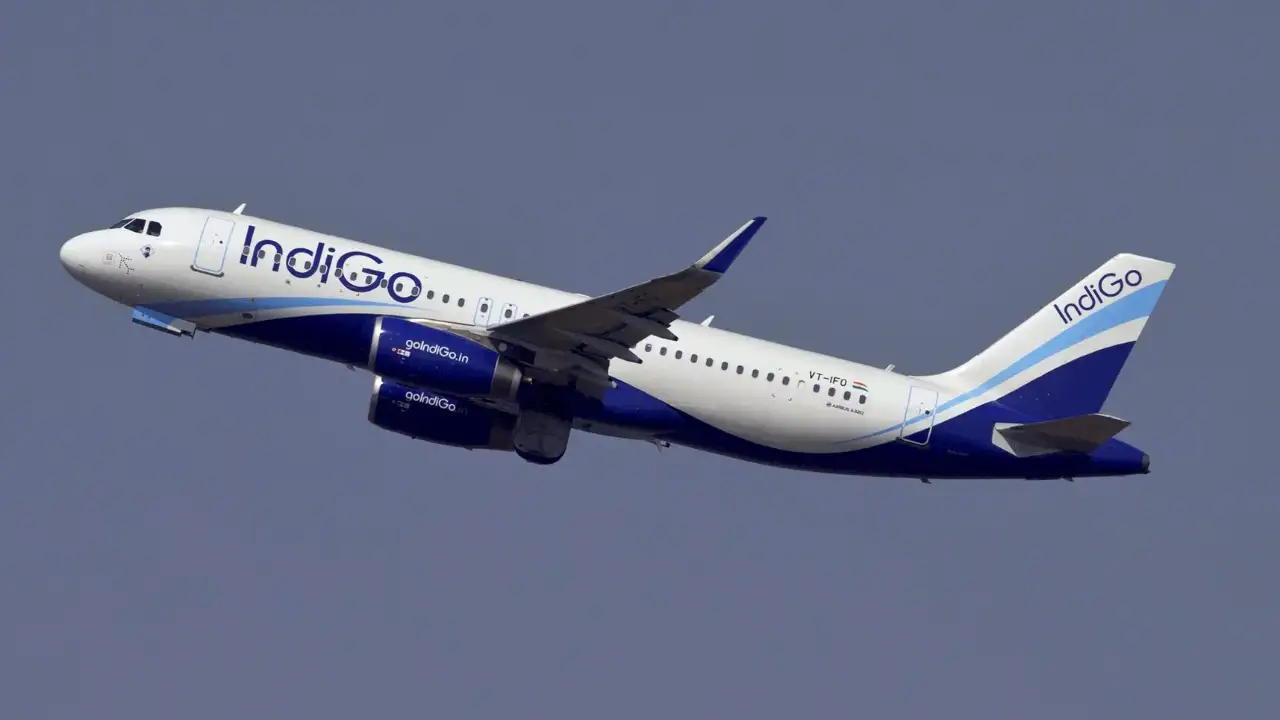By Dave Schwab • Times of San Diego,Thomas Melville
Copyright timesofsandiego

PACIFIC BEACH – Turning a profit while coping with inflation and the escalating cost of everything is proving to be a tall order for beachfront merchants in Pacific and Mission beaches.
There are numerous vacancies, for example, on Garnet Avenue in Pacific Beach. Some prominent businesses that have shuttered recently include Union Kitchen & Tap, Crushed, Cabo Cantina and World Curry.
While Sunny Lee, executive director of the community’s business improvement district, Discover PB, said, “There has also been a growing number of businesses moving into vacant storefronts,” many of the ones that remain open are facing challenges.
Commercial Realtor Tony Franco, president of the Franco Realty Group in PB, cited “multiple reasons” for vacancies rising in the beach business district.
“The cost to have employees has gone up. Minimum wage, payroll taxes and workers’ compensation insurance have gone way up,” he said. “The cost of business insurance and property liability insurance has tripled.”
Franco pointed out that commercial properties were once paying low liability insurance of around $2,500 annually. “Now we are seeing rates that start at $8,500 and up. This cost for the landlord gets passed down to the business through their triple net lease agreements.”
Franco cited slow permitting as another problem holding beach merchants back.
“If someone wants to put a grease trap and hood so they can open a restaurant, it could take over a year to get permits,” he said. “During this entire time, a business owner will have to keep paying rent. This is why we do not see new restaurant spaces open up. The process is too expensive.”
Times of San Diego reached out to two restaurant operators, Mark Oliver, managing partner of Pueblo at 877 Hornblend St. in PB, and Eric Christiansen, co-owner of Guava Beach Bar & Grill at 3714 Mission Blvd. in Mission Beach. Both men agreed times are hard – and likely to get harder – given the current business climate.
Noting that sales have been down year-over-year at Pueblo, Oliver said, “Interest rates and inflation over the past couple of years have reduced discretionary income and spending on a national level. The economy is not as strong as it has been made out to be. Inflation has made dining out more costly, and diners are opting to eat out less often.”
Economic uncertainty with changing government policies is another reason, noted Oliver. He cited statistics from the Department of National Travel Tourism Economics, which originally forecast a 9% increase over 2024 for international arrivals in 2025.
“But now, a 12% decline in air travel is forecast (Canadian air travel [is] down 20%),” he said adding, in his view, that the likely reasons are “immigration policies, detentions, visa delays, trade tensions. Forbes Magazine forecast in May a 15-year low in travel planning due to job insecurity from DOGE layoffs, fears of recession and tariff worries. People are choosing to scale back on activities.”
Eric Christiansen of Guava Beach concurred with Oliver’s assessment of the difficulties of doing business as a restaurant owner in 2025.
He spoke of the “challenges of operating effectively while walking the ever-thinning line of profitability. Profit margins continue to slip in the face of inflation, increased cost of goods sold and a seemingly never-ending increase in minimum wages, including tipped employees, etc.”
Christiansen noted that profit margins used to be 10-15%. “The national average is now 3-5%,” he said. “That diminished profitability leaves little room for error.”
There are other factors too, said the Guava Beach co-owner. “Our insurance increased 28% in one year,” said Christiansen. “Nearly everything we purchase to operate, such as food, paper goods, cleaning supplies, beer, wine, and liquor, continues to cost more. The result is that restaurants have no choice but to continue to raise prices, change their menus/offerings, limit hours of operation etc.
Christiansen pointed out that Guava Beach gets a lot of tourists throughout the summer. He noted that, “Many of our guests, especially from the Midwest, are shocked that a draft beer costs $8-$10, saying, ‘We pay $4 in Wisconsin.”
But as Christiansen said, “Wisconsin’s minimum wage is $7.25/hour, and if you earn tips, the employer only has to pay them $2.33/hour. That’s a huge disparity from the $17.25/hour in San Diego. I think nearly everyone has noticed that more and more venues are struggling to survive and, unfortunately, some are forced to shut their doors and cut their losses.”
Nonetheless, Christiansen remains hopeful. “Despite these challenges, I still love the restaurant industry, the dynamics of doing business, the wonderful staff I get to work with, and the fantastic patrons we get to serve and hopefully make smile daily,” he said.
In Franco’s estimation, there are other factors, too, holding beachfront merchants back.
“Alcohol Beverage Control will not issue new licenses in Pacific Beach,” he said while adding that other San Diego communities, like North Park, South Park, Ocean Beach, and Little Italy, “have seen tremendous growth with amazing restaurant operators obtaining new ABC licenses.
“Commercial landlords are used to getting a higher rent,” Franco said. “Now that their vacancy is here, they want yesterday’s rent and the commercial landlords have not put any money into fixing up the space. Many buildings in PB are not ADA-compliant and landlords do not want to spend the money to make their property ADA-compliant.
Oliver of Pueblo spoke of the lessons he’s learned and what he’s doing to cope with an increasingly tough business climate. “We are finding out just how reliant we are on tourism to the beach area,” he said. “Crowded beaches during the day do not always correlate to crowded restaurants during the night.”
Oliver added: “The cost side of running a business is being hit hard from every aspect. It isn’t much different than a homeowner or head of household who is seeing insurance, interest rates, utility, grocery and maintenance costs all rising. Add to that the rising cost of the amount of labor that it takes to run a restaurant, and you can understand why our industry is in a pinch.
“And the economy is not exactly in a mode that allows you to adjust by raising prices to cover the costs. We managed the summer season with fewer staff. We are reviewing our menu selection to make sure that we are in line with current dining and drinking trends. And we are assessing our marketing strategies to draw locals from areas outside of Pacific Beach.”



